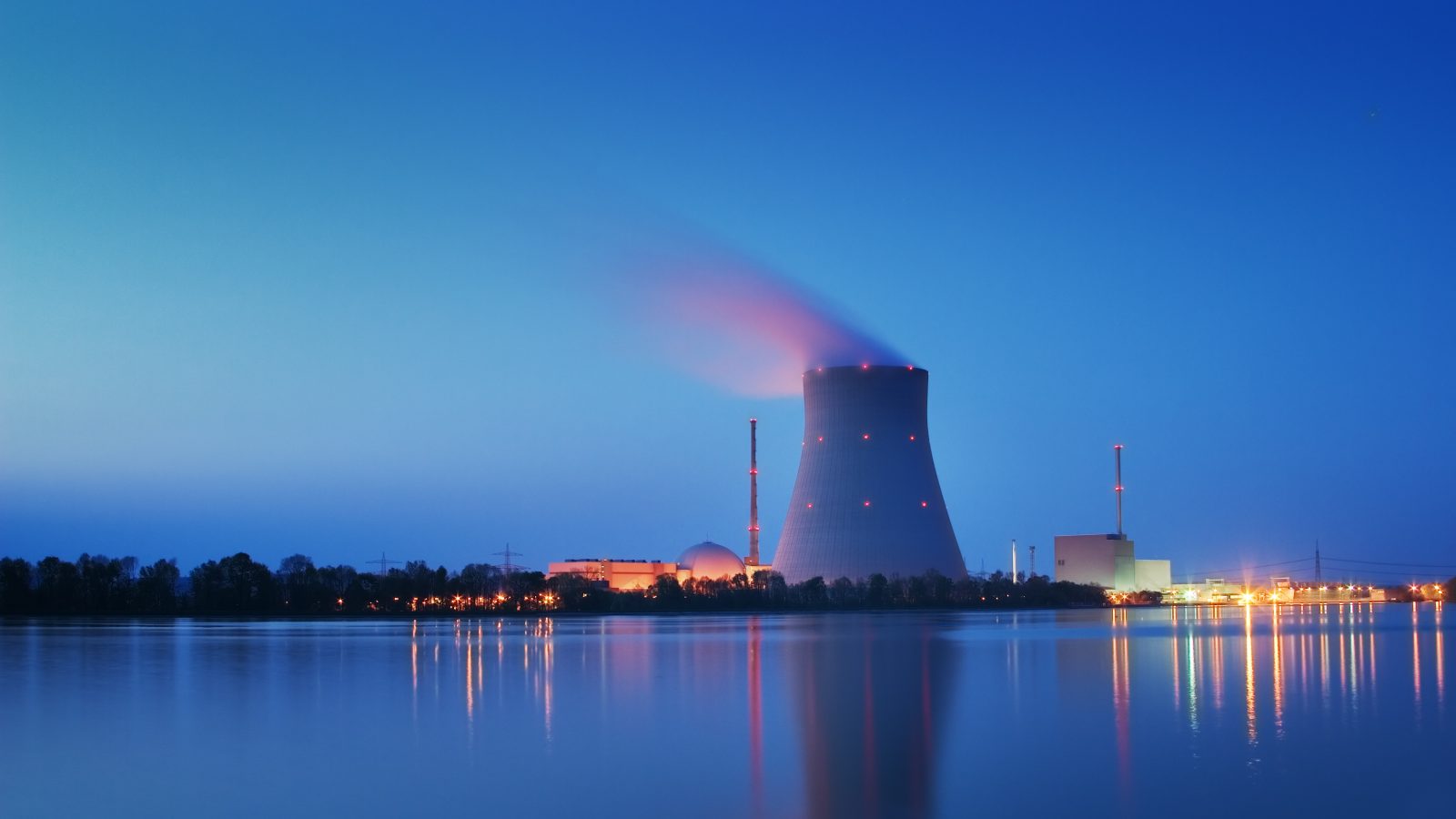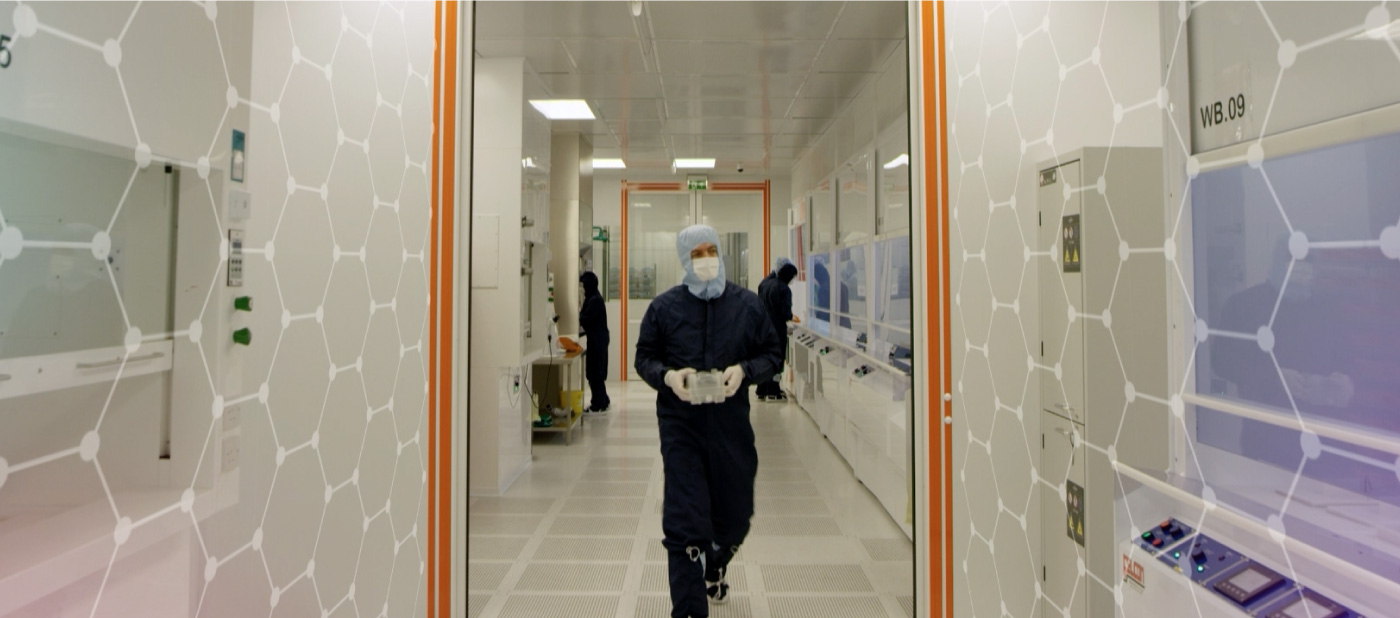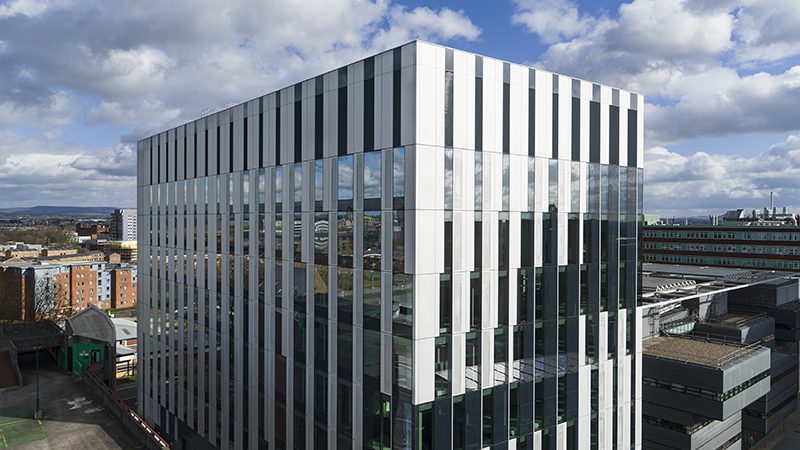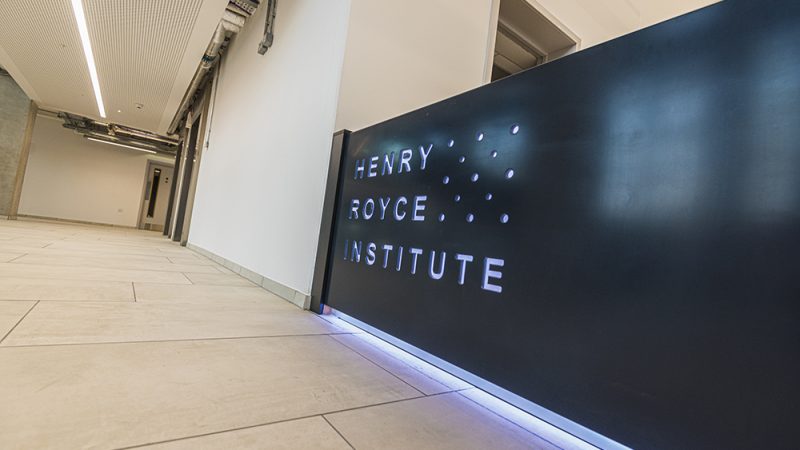Through Advanced Fuel Cycle Programme (AFCP) backing, Royce Partner the UK National Nuclear Laboratory (NNL) has taken academic access to the next level. In successfully trialling a new approach while overcoming COVID-19 challenges, NNL has secured opportunities for next-generation nuclear experts to tap into the UK’s top infrastructure and complete meaningful clean energy research.
Following the AFCP’s first user access call last summer, the programme has selected six projects to begin work on the scheme. The call offers the winning academics access to grant-funded equipment at the UK National Nuclear Laboratory’s (NNL) world-class facilities, with all costs met by NNL and its funding partners, including the Department for Business, Energy and Industrial Strategy (BEIS).
The equipment, funded by the Engineering and Physical Sciences Research Council (EPSRC), Royce and National Nuclear User Facility (NNUF), will enable academics to complete strategically important research aligned with AFCP.
In successfully navigating and implementing this scheme – especially against the ongoing challenges of COVID-19 – NNL has pioneered a proactive, adaptive approach to user access that will inspire the lab’s future collaborative efforts.
As a national laboratory, NNL strives to deliver world-leading science that addresses global challenges, from climate change through to nuclear medicine. Collaborating with university partners – and providing opportunities for them to benefit from NNL’s unique facilities and equipment – is essential to this aim.
For the past five years, the NNL user access team has arranged academic access to the lab. However, NNL’s leadership role within AFCP has marked a step change to make this call possible – becoming one of the team’s most significant initiatives to date.
This user access call was NNL’s response to unique academic needs, including resource availability and timescales, that can make accessing facilities difficult. After examining best practice across industry, NNL arranged a fully funded call through AFCP that, prior to launching, could proactively address common academic obstacles.
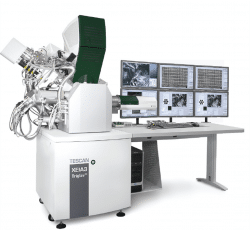
As part of this call, academic teams will be able to access select equipment at NNL Central Laboratory. This includes the brand new, state-of-the-art plasma-FIB-SEM, made possible through the Henry Royce Institute, which is capable of analysing a wide variety of radioactive materials as well as preparing foils for TEM analysis.
The call has presented an invaluable opportunity to keep the UK at the forefront of advanced fuel cycle research, skills and infrastructure. With BEIS and AFCP as central members of the call, the scheme supports key research areas to help decarbonise the UK economy as part of the UK Government’s Clean Growth Strategy. Given the call’s collaborative model, the stakeholders involved were also able to maximise benefits for all participants while uniquely addressing many of the common obstacles that academic users have previously faced.
While NNL planned the call well before the impact of COVID-19 was understood, its timing introduced important safety considerations to the scheme. Although the pandemic did not affect details of the call process itself, NNL had to swiftly adapt to the situation and continue to set safety as its top priority.
NNL has undertaken a robust risk assessment process with continuous review to ensure it performs all work safely and to the satisfaction of everyone involved. One option to maintain research momentum is remote access, where academics can send their samples and instructions to NNL for the lab to complete work on their behalf. This approach works well while necessary due to travel restrictions and limitations on the number of individuals working in labs.
However, to maximise benefits to both academics and NNL, the team is committed to providing opportunities for physical access as part of the call once this can be done safely. NNL aspires to improve the process by exploring innovative ideas to improve the future remote user experience.
The call has been immensely successful beyond its behind-the-scenes operations. NNL received a total of sixteen highly competitive applications from universities across the UK. The depth and breadth of submissions demonstrated the high calibre of commitment, enthusiasm and value across academic teams, which together paint an encouraging picture of the UK’s advanced fuel cycle research landscape.
“Royce very much welcomes this initiative to ensure support for our leading academics to access important equipment at our Partner NNL. We are excited that Royce equipment is within this portfolio of equipment available for both academic and industrial research. NNL is playing a critical role in ensuring the UK can secure a clean energy supply for years to come and pioneering research in nuclear materials science underpins this.
The recently installed Royce FIB-SEM will support the NNL to fulfil its critical mission – this bespoke characterisation tool creates a powerful new capability. It enables researchers to look in greater detail at how fuels are behaving in reactors and importantly to better understand and develop strategies and technologies for the stabilisation and storage of nuclear waste.”
Professor David Knowles, Royce CEO
To learn more or discuss enquires regarding NNL’s facilities, contact the NNL User Access Team: access.liaison@uknnl.com
